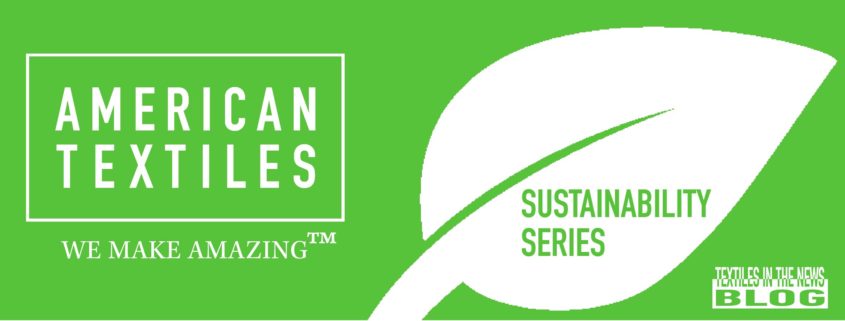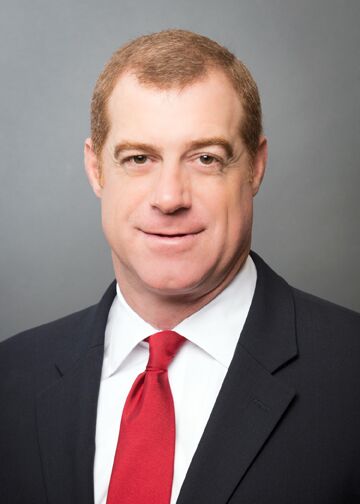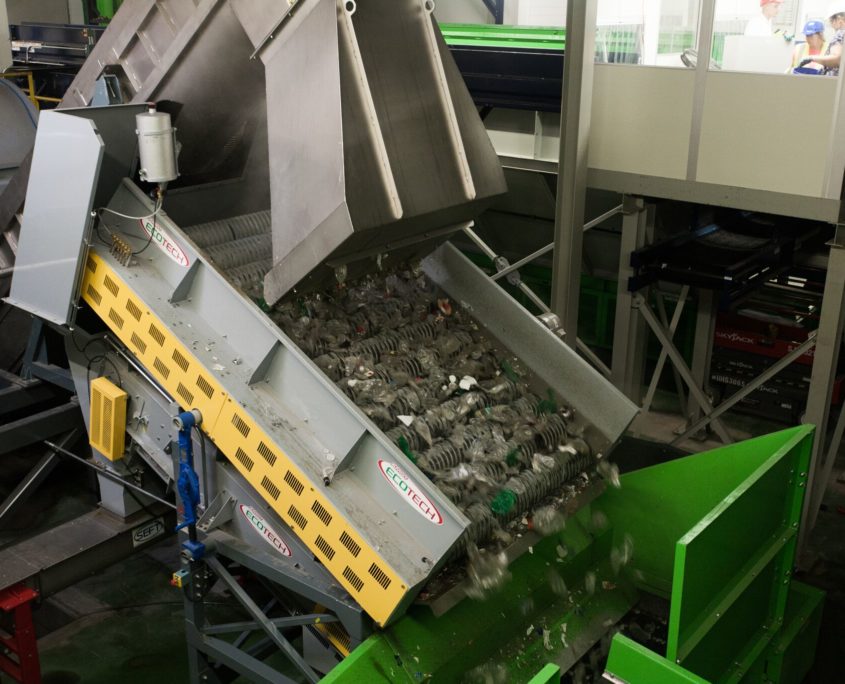Sustainability Series: Apparel Industry Group Launches Project to Move Textile Industry from Linear to Circular
A broad apparel industry coalition is taking the issue of textile waste head on as the industry continues to explore the next generation of textiles.
The apparel industry group has launched a new collaborative project under the banner of Accelerating Circularity, with a mandate of eliminating textile waste in the supply chain.
The U.S. textile industry has made significant strides in eliminating industrial waste and incorporating technologies to recycle waste in its operations over the past several years.
“The new project seeks to move the industry beyond solely addressing post-industrial waste to developing new practices and technologies for post-consumer waste to reduce the millions of tons of waste in landfills” said Tricia Carey, Director of Lenzing’s Global Business Development Apparel and Secretary of the Accelerating Board of Directors.
“The Environmental Protection Agency reports that 15 million tons of textile waste is generated annually in the United States alone,” the Accelerating Circularity group said in a statement today.
NCTO members Unifi and Lenzing, are among the founding project partners, which also include Gap Inc., Giotex, Gr3n, Target, VF Corp, Revolve Waste and Fabrikology International Inc. This group represents a broad industry-based coalition of technology providers, fiber manufacturers, textile waste and supply chain experts and brands and retailers.
The group said its aim is to “accelerate the textile industry’s move from linear to circular.”
The Accelerating Circularity founding project partners include Gap Inc., Giotex, Gr3n, Target, VF Corporation, Lenzing, Unifi, Revolve Waste and Fabrikology International, Inc., representing technology providers, fiber manufacturers, and experts in textile waste and supply chains, as well as brands and retailers.
“In 2017 LENZING™ launched TENCEL™ Lyocell with REFIBRA™ technology, using cotton scraps to make new lyocell fiber and we continue to support industry initiatives to drive textile to textile recycling,” said Tricia Carey. “Accelerating Circularity developed out of supply chain and brand discussions of how we can facilitate collaboration and mapping a new route together.”
Carey said textile companies and experts will provide advice and input on how the industry must change.
“Essentially for Lenzing the consumer will become our raw material supplier,” she said. “This is a big change as we consider the next generation of textiles. With circularity you need everyone. This breaks the silos and you have to think about impact to keep cycling materials.”
“Shifting the apparel industry toward more circular solutions is a complex challenge with significant technical, economic, and business implications,” said Alice Hartley, Senior Manager of Sustainable Innovation at Gap Inc. and board member of Accelerating Circularity. “At Gap Inc., we have a responsibility to protect the environment and reduce waste at every stage of our production process – from design, to sourcing, to manufacturing. As we address the full life cycle of our garments, we look forward to working with these partners to collaborate, advance efforts and share learnings with the wider industry for the health of our planet.”
Accelerating Circularity’s board members include, Tricia Carey of Lenzing, Alice Hartley of Gap Inc., Beth Jensen of VF Corporation, Karla Magruder of Accelerating Circularity, Eileen Mockus of Coyuchi, and Laila Petrie of 2050.
Partner organizations include American Apparel & Footwear Association, Apparel Impact Institute, Circle Economy, Outdoor Industry Association, Textile Exchange, The Renewal Workshop, and United States Fashion Industry Association.





